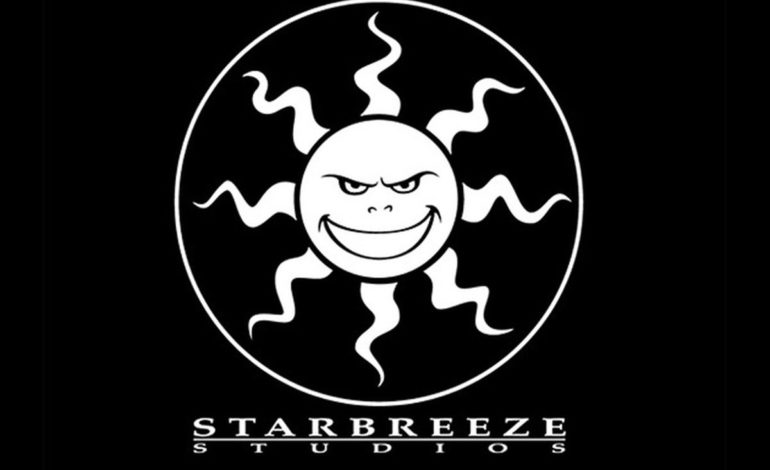

In a detailed report released by Eurogamer, a dozen Starbreeze employees (current and former) spoke about the flop that was Overkill’s The Walking Dead. According to the anonymous sources, a combination of mismanagement and a number of costly failures led to the company’s current troubles.
Overkill’s The Walking Dead is a local co-op shooter based on the world of the graphic novel series. The game received mixed reviews, with reviewers citing problems like clunky melee combat, matchmaking problems, and frequent bugs. It only managed to push a few hundred thousand copies when sales were expected to be in the millions. This major flop resulted in the company filing for reconstruction and the CEO stepping down. Shortly after, the Swedish police raided the company’s headquarters on suspicion of insider trading, and one unnamed employee was arrested.
According to the Eurogamer report, Starbreeze’s troubles began back in 2012, after their failed reboot of the 1993 real-time tactical strategy game Syndicate. Meanwhile, Overkill was doing decently with PAYDAY: The Heist, but needed funding for a sequel. The two companies wound up merging with Overkill taking over Starbreeze in a move involving Overkill becoming the majority stockholder of more or less worthless Starbreeze stocks. After the major success of PAYDAY 2, Overkill co-founder Ulf Andersson left the company, while the other co-founder and CEO, Bo Andersson, started massively expanding the company. They wound up making games like Dead by Daylight and RAID: World War II. This last game was considered an odd choice because of how similar it was to PAYDAY 2, which meant the company was “competing with ourselves.” The company also made big investments in VR technology, including the now-defunct Imax VR.
In August 2014, Starbreeze signed an agreement with Skybound Entertainment to make Overkill’s The Walking Dead, initially slated for a 2016 release date on Starbreeze’s in-house Diesel engine. However, in May 2015, Starbreeze purchased the Valhalla engine to use on their games, but the engine was considered “unworkable” by those that tried to use it. The game’s release date got pushed back to 2018 and the engine switched again, this time to Unreal, in April 2017. Unfortunately for the developers, this meant they had just over a year to rebuild the game from scratch. As the company’s recent reports show, things didn’t go well.
If you’re curious about the whole story, you can read the Eurogamer article here.
Play games, take surveys and take advantage of special offers to help support mxdwn. Every dollar helps keep the content you love coming every single day.
